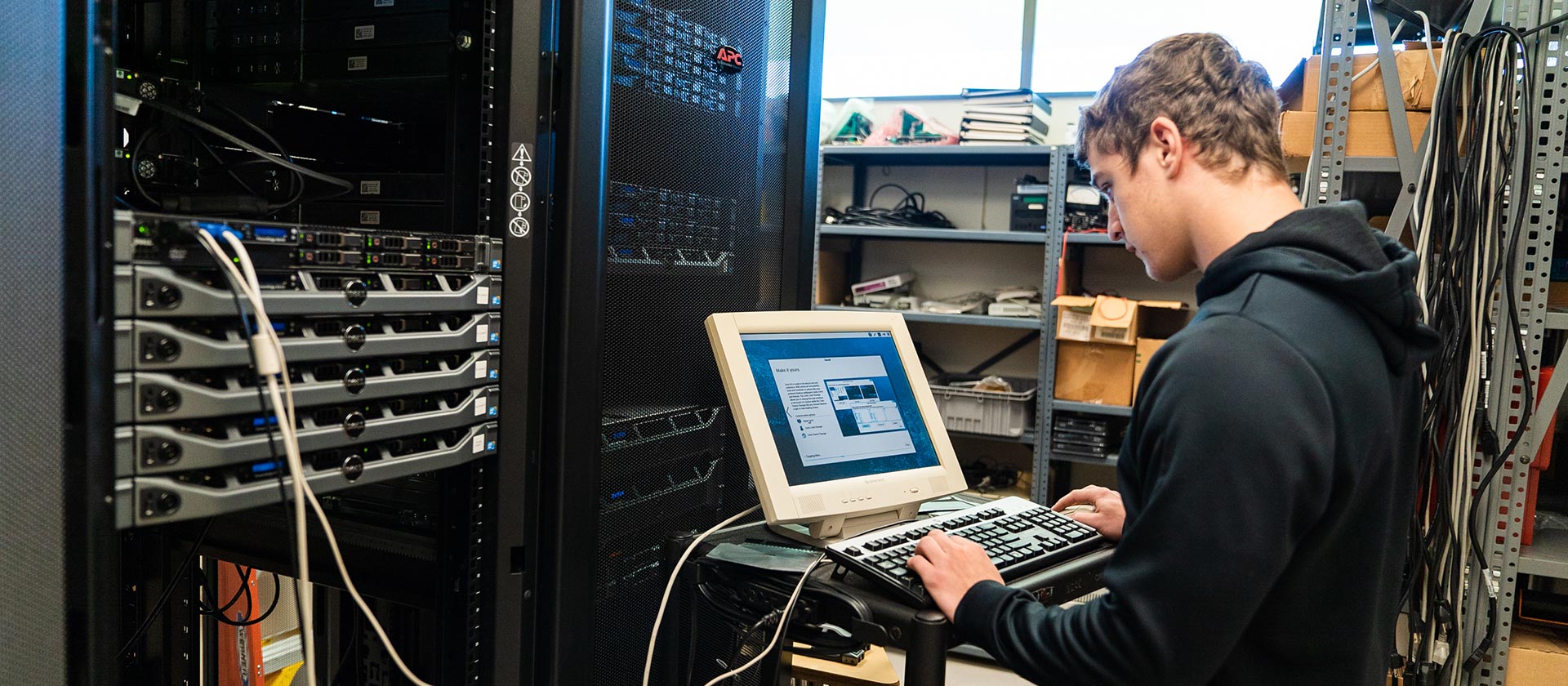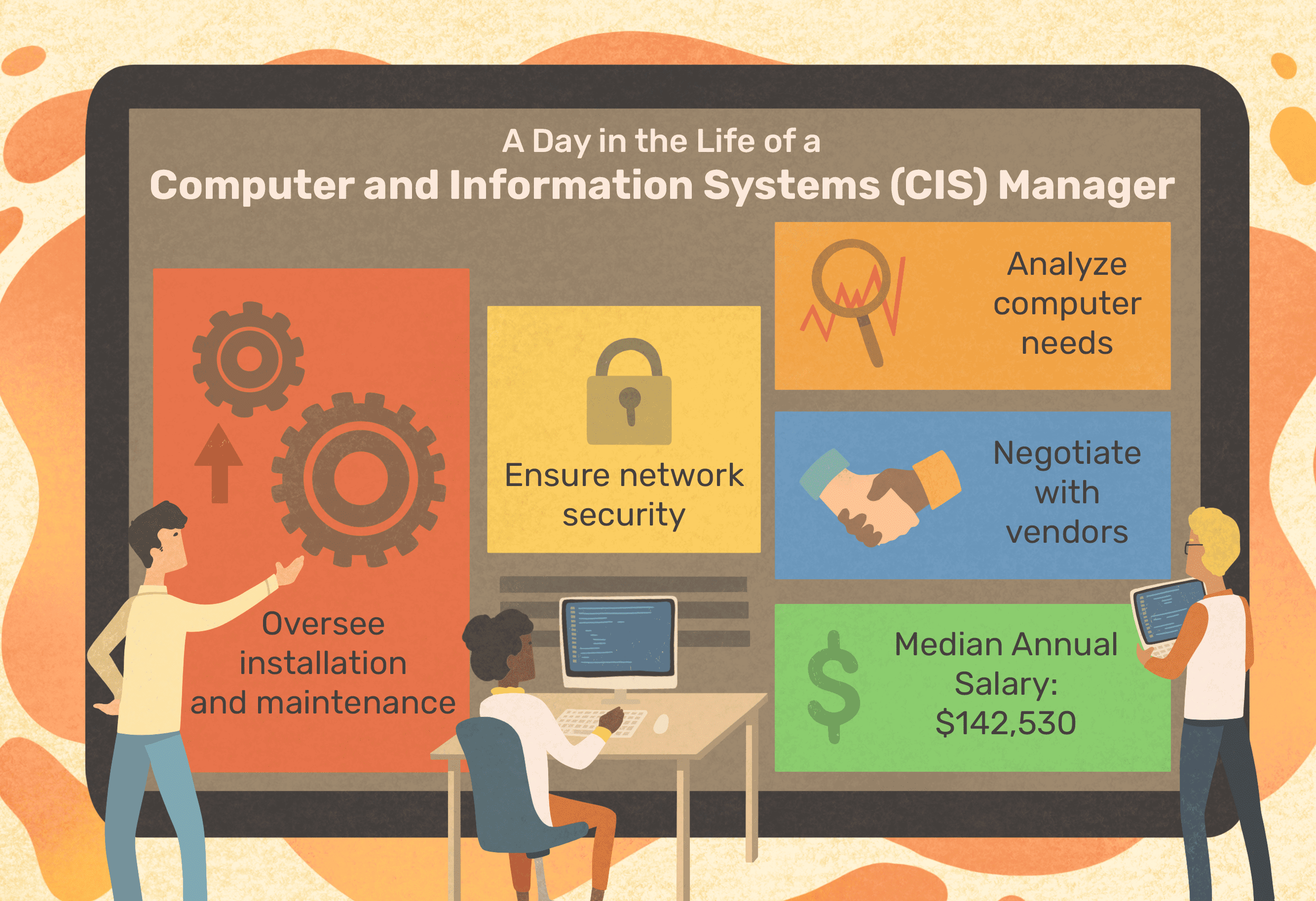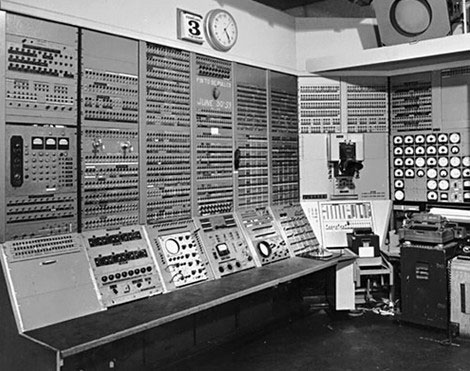Most of the organizations in the modern society are relying on more than ever on Information Technology systems so as to analyze and asses how working in the cloud affects their digital infrastructure and computer procedures. The work of a system analyst is to examine a company’s current technology processes and ensure that the organization is running efficiently and effectively hence the need of new and updated technology. For those who desire to become a system analyst below are a few recommendations.
What does a system analyst do?
System analysts are considered to be problem solvers in that their primary responsibility is to act as a link between an organizations IT and other stake holders. There work entails designing or rather implementing the most appropriate computer hardware, software as well as cloud service that will be able to solve the business needs. In addition, system analysts are usually responsible for the research trends in technology, designing as well as the implementation of customized technology solutions which tends to increase the functionality and the performance of the current computer systems as well as train company end users on specialized hardware, software as well as online tools. Many companies need computer systems analysts. Any company that is reliant on technology and computers has this demand. My first systems analyst job was for a technology startup that operated an escort site (check it out here) which shared escort reviews and information.. Due to the adult nature of their products and service they had trouble finding people so I was paid a premium for my services. Opportunities like this are abundant and only continue to emerge.
Steps to become a system analyst
The first step in becoming a system analyst is earning a bachelor’s degree in computer science or another related field. With the increasing demand of the cloud computing industry and its effects on business, aspiring system analysts maybe better prepared through a different program like bachelors in management and information systems.
The program focuses on a blend of both IT as well as business related principles that will help a potential system analyst to implement practical solutions for various types of business and organizations. Some of the course choices that one may choose include database design which is intended to provide students with a foundational understanding of the different languages that are used in database design. The students are usually taught how to develop, administer and manage databases with complex relationships as well as the way in which business data is analyzed through the use of spreadsheets and other tools.
Management principles is another course you can study that teaches students various types of management concepts which includes business structure, ethics, motivation, team building and leadership.
Build on the job experience
For those who desire to specialize in the field of system analyst need to understand the importance of building a strong resume. Most of the graduates of computer science or information systems tend to attain work entry level as database administrators or software developers. So as to successfully lead IT projects in any organization then the analyst must also cultivate a leading-edge knowledge of new and emerging technologies.
Most of the professionals are able to maintain relevant certification in the industry. Through this technique they are ablate demonstrate commitment in the ongoing industry IT disciplines. Test providers are sometimes required that the IT professionals pass foundational exams before they are allowed to take those that cover advanced topics.
Earn a master’s degree
As much as an IT professional who has a bachelors degree has the potential of becoming a system analyst, candidates who have master’s degree are more advantaged when it comes to being hired or getting promoted. Some of the master’s programs that one can study include Master of Business administration (MBA) in Information Technology where IT professionals are able to translate their technical skill into business strategies. With an intense focus in managing IT resources alongside designing advanced databases.it is an excellent choice for students who intend to become system analyst.
One can also study master of science in cyber security as the need for the safety of data in organizations tend to increase every new day with the current changes in technology. The course work in this program mainly focuses on the prevention of data breaches and the legal limitation that are associated with privacy.
Master of science in software development is another area of study. It has become a necessity for most of the organizations in the modern society to keep pace with the rapid changes in computer science and computing.
Skills
For a professional that is working in the field of IT, then the system analyst will need to have strong technical skills, such as the ability to interpret software code and design databases. Successful analysts are required to have proven competency in the following areas:
- Investigation and analysis – businesses generally gather data from a variety of sources and it is the work of the system analyst to investigate and interpret the sophisticated collection of data and then decide on the next course of action such as collection of data, software installation and upgrade. The system analyst has to establish the success or failure of the initiative.
- Effective communication – The system analysts acts as a link between the IT department and the company’s leadership. This therefore means that the system analyst needs to understand the needs of the business as well as the computing aspects and be able to explain potential IT solutions to all the stakeholders.
- Creativity – the system analyst needs to be innovative when approaching a business problem through the use of non-traditional solutions. With more and more technologies entering the market, analysts need to challenge and think beyond their current possibilities when solving business issues.
Salaries of system analyst
Cloud computing is growing at an immense speed and is increasing the demand for system analysts. It is estimated that the employment opportunities for system analysts is expected to increase by close to 10% by 2026. Some of the organizations are paying very good salaries for this very lucrative job. The entry level for system analysts is in the figures above $50,000.
Start your journey today to become a system analyst. The technology of today is trending with agile systems, block chain technology, cyber security, progressive web apps as well as new interface designs. Keeping up with the changes of how a business can help a business is a lifelong study requirement.



